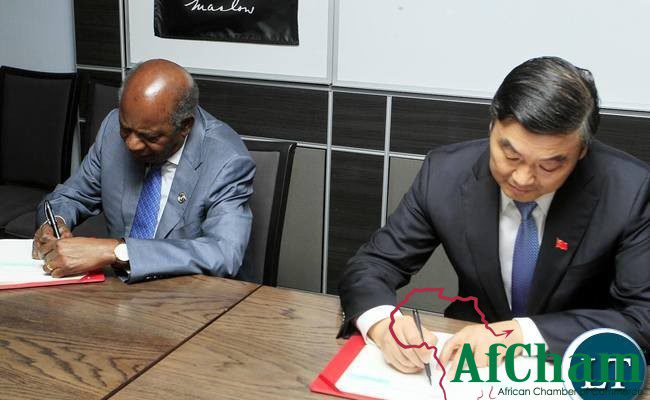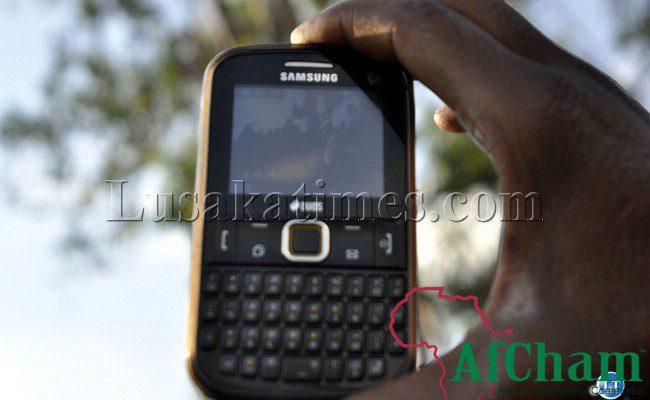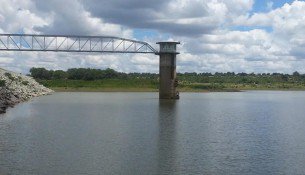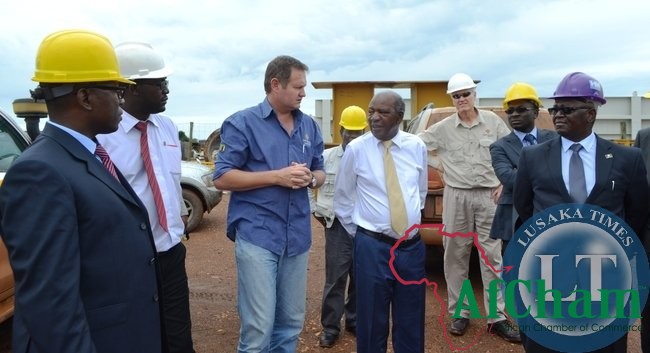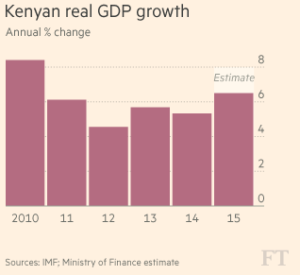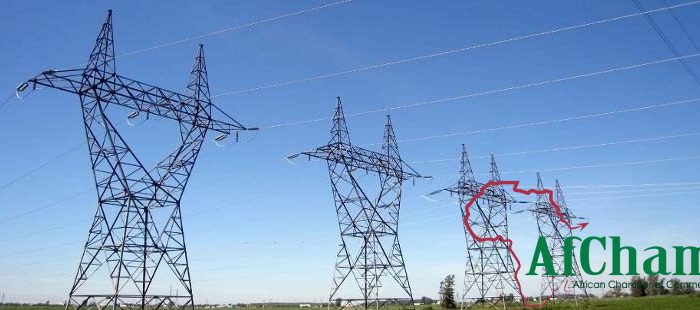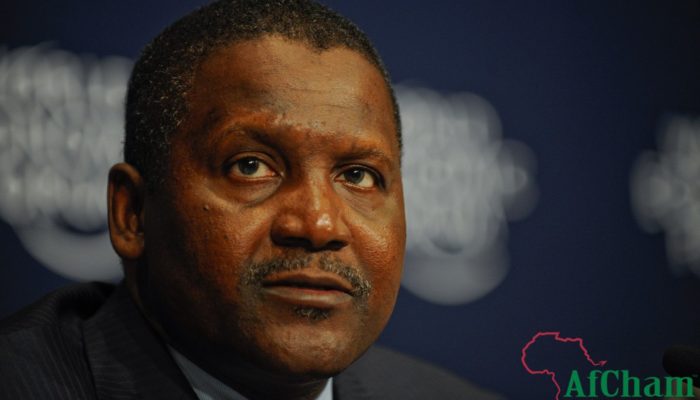Zambia has signed two loan agreements, worth $243 million, with the Africa Development Bank (ADB) for rehabilitation of the Chinsali-Nakonde Road.
This came to light at the Signing Ceremony held at the Ministry of Finance Headquarters in Lusaka. Of the $243 million Loan, $193 million is from the ADB while $50 million is from the Africa Growing Together Fund, a trust fund by the CHINESE Government to support Africa’s economic transformation.
Finance Minister Alexander Chikwanda signed the Loan on behalf of the Zambian Government. He said the two hundred and 10 kilometre stretch of the Chinsali-Nakonde Road is an important project as it is part of the Great North Road-a gate to the Far -East where Zambia ferries it copper to CHINA for export.

